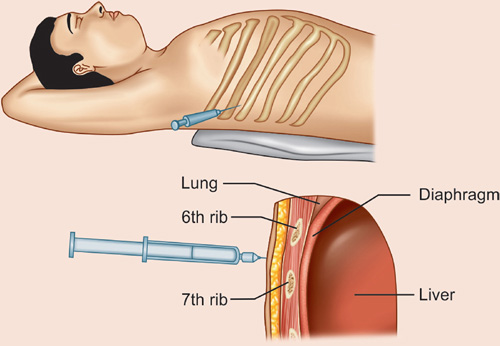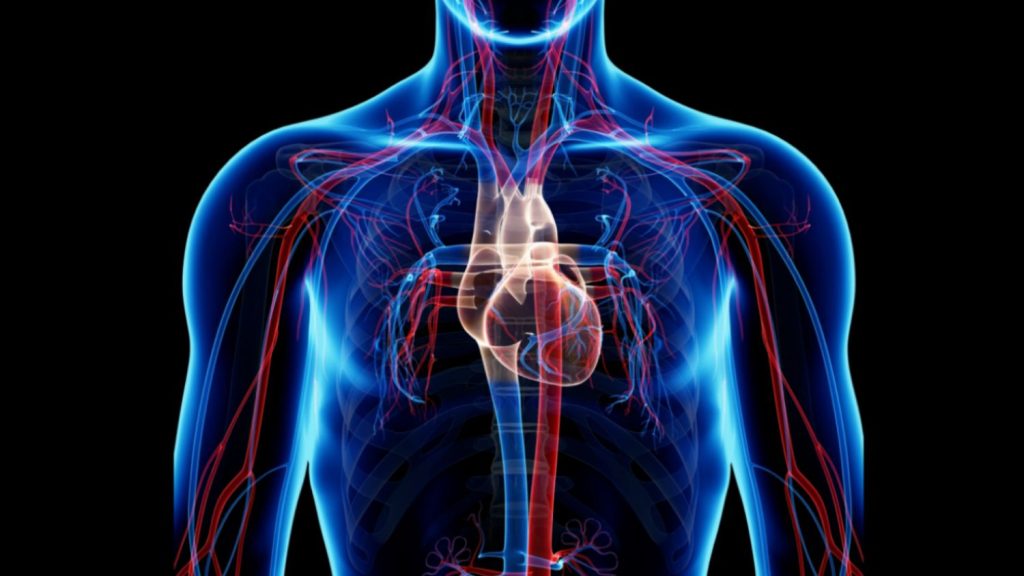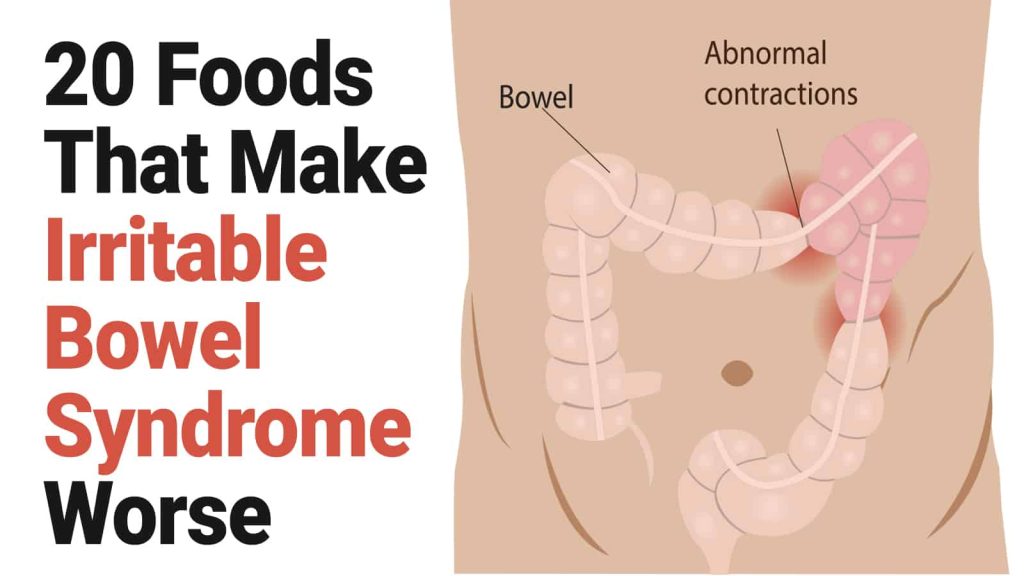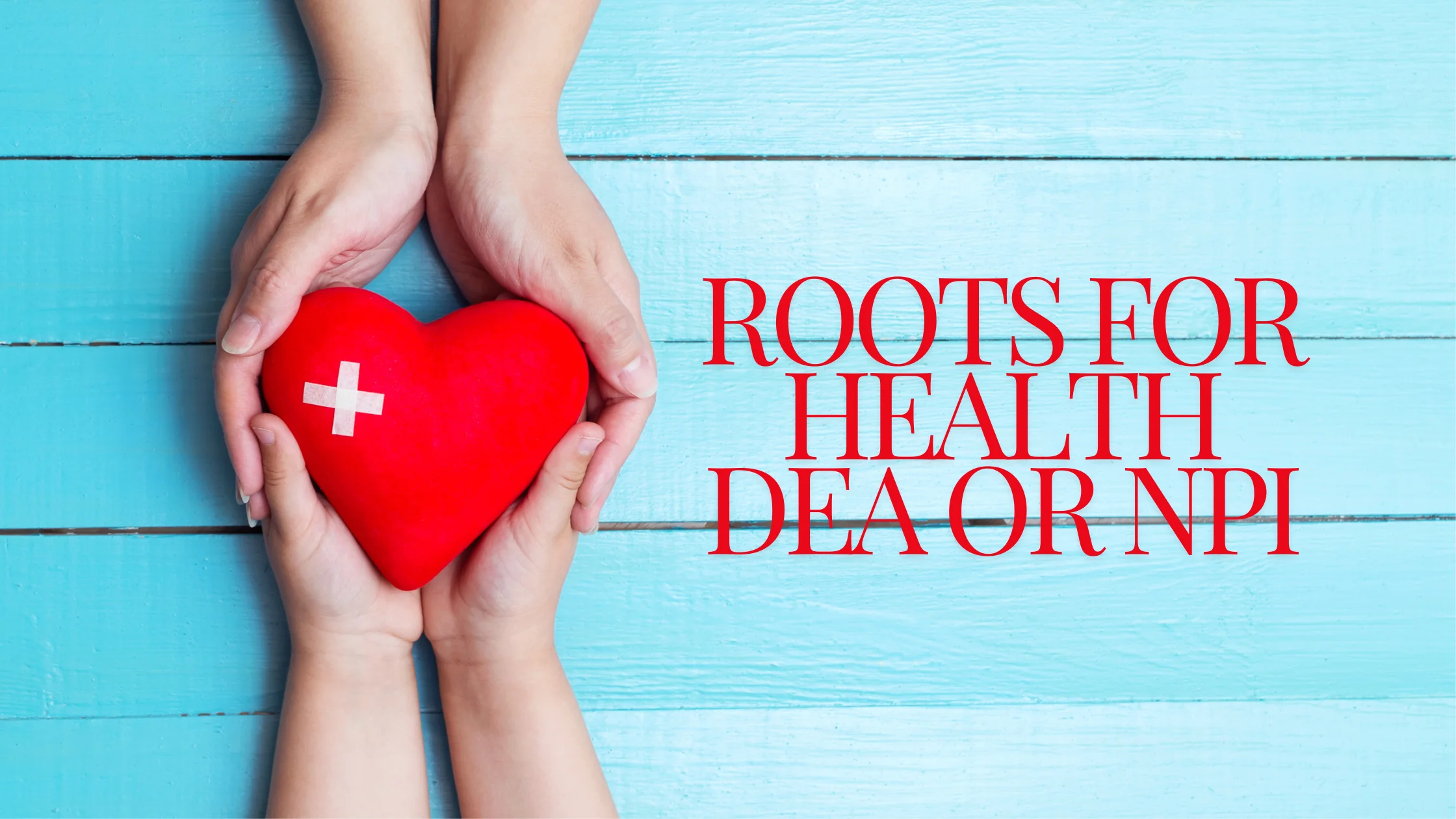- March 10, 2025
Abdominal Pain And Its Meanings

What’s commonly referred to as stomach pain usually means pain caused by any organ in the abdomen. And since they have different reasons for being painful, it’s important to understand all the things that can go wrong, and how to prevent or cure them.
Describe pain originating
While pain in the stomach or abdominal area can arise from the tissues of the abdominal wall, such as skin and abdominal muscles, the term abdominal pain, in general, is used to describe pain originating from organs within the abdominal cavity.
These organs include the stomach, small intestine, colon, liver, gallbladder, and pancreas. Occasionally pain may be felt in the abdomen even though it is arising from organs that are close to but not within the abdominal cavity. For example, the lower lungs, the kidneys, and the uterus or ovaries. Let’s find out what they signify…
– Inflammation (appendicitis or colitis)

– Stretching or istension of an organ, blockage of a bile duct by gallstones or swelling of the liver with hepatitis

– Loss of the supply of blood to an organ

– Irritable Bowel Syndrome

When seeing a doctor remember to give him the exact location of where the pain first started and what is the severity of the pain. Also mention how frequent they are and whether they increase or decrease after meals.
Acute pain post meals
They are mostly due to excessive gas in your digestive system. They can be treated easily using over-the-counter medications. It may also signify an ulcer.
Everyone passes gas on a daily basis, but sometimes gas pains might be mistaken for gallstones and heart disease.
Causes
It may happen due to swallowing air when you eat or drink, or certain ingredients in foods that cause the formation of gases when they interact with bacteria in the colon, like dals, dairy products, whole grains, and pulses.
Common food elements that cause gas formation include sugars, starches, and fiber, according to the National Digestive Diseases Information Clearinghouse.
How to avoid it…
– Eat small meals often, do not overeat.
– Eat slowly and chew your food properly
– Don’t eat when you’re in a hurry, upset or anxious because stress can interfere with your digestive system


- March 5, 2025

